The latest social buzz and dinner conversations have been fixated on the trials and tribulations of one of the nation’s richest men, Daim Zainuddin, former finance minister during Dr Mahathir Mohamad’s first tenure as prime minister, who is accused of failure to disclose his assets.
The investigation by the MACC has been described by some as politically selective persecution; others have less of a concern even if they see it as part of the nation’s continuing power play.
Many hold the view that so long as there is no miscarriage of justice and if we can get answers on how the extraordinary wealth of Daim and various other “untouchable” business and political leaders have been achieved, the end justifies these means, though the methods used may be seen as politically motivated or indefensible.
Can this case open the door to a larger discourse on what some see as the capture of wealth by the elites and how this relates to the structural problems in the country’s economy?
How and why has our economic development been held back? What are the key structural barriers to development so that the economy can realise its full potential?
Is there an issue with the government’s policies aimed at wealth creation and distribution; and what needs to be done to correct the fundamentals of the nation’s socio-economic development to help to the goal of a shared prosperity for all?
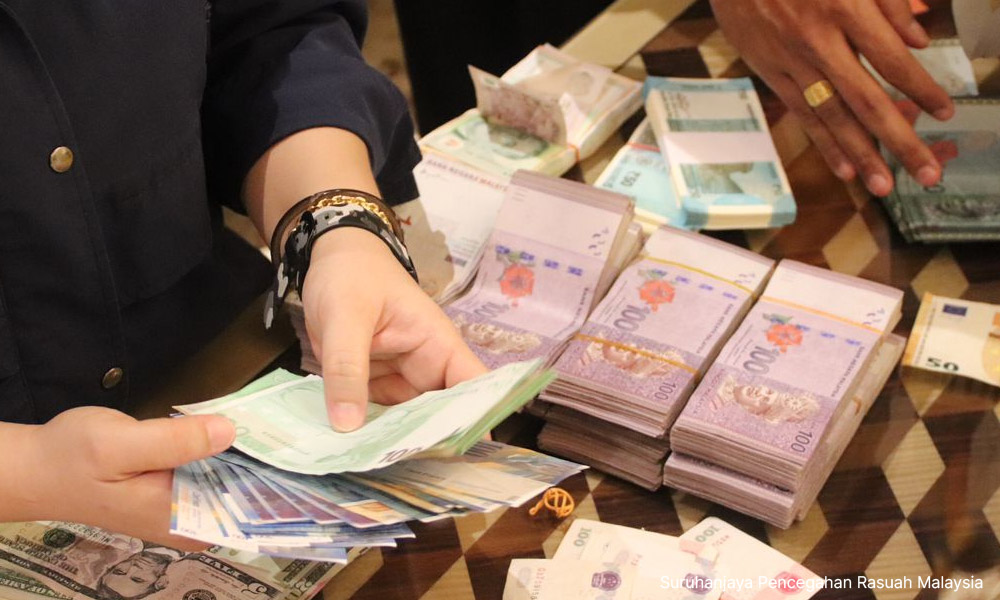
Wealth creation
First, we need to recognise that wealth in any country – and Malaysia is no exception – is created as a result of economic activity engaged in by individuals or enterprises that bring profits or gains to the entrepreneur.
Much of this wealth creation and subsequent accumulation is legitimate. It is based on material reward arising from work and is socially and ethically acceptable.
It comes from risk-taking and the utility and superiority of the products and services generated by the individual or enterprise.
Wealth generated and accumulated by individuals through legitimate means and conforming to the norms of legality and fairness is not only acceptable. It is also desirable and beneficial to society.
But what about wealth that is created or amassed by less than legitimate or illegitimate or illegal means, which appears to be the subtext driving the Daim case?
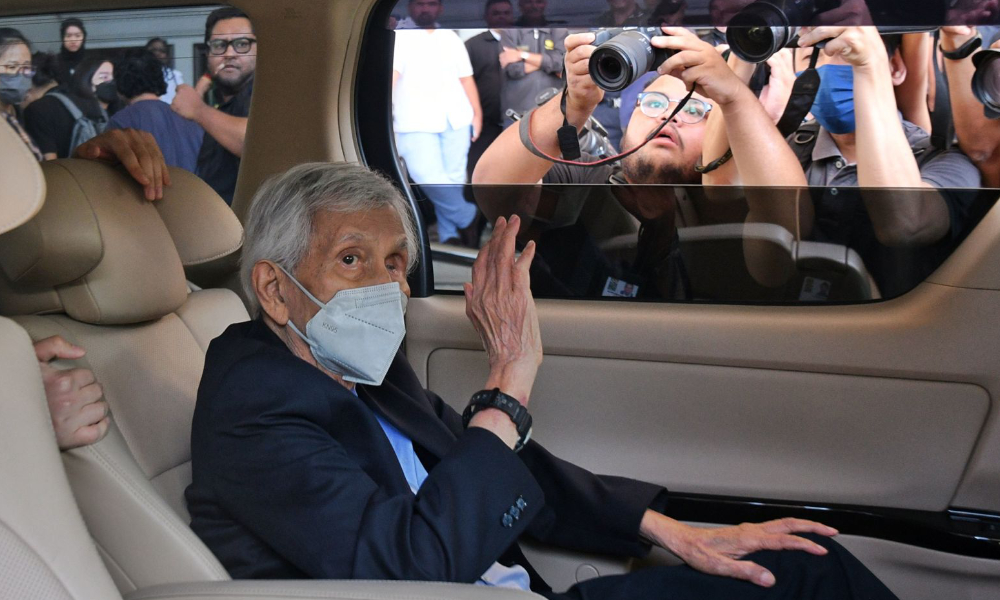
Wealth accumulation and concentration
A crude estimate of the extent of legal wealth concentration in the country can be obtained from the wealth of the 50 individuals identified by Forbes as the richest billionaires in Malaysia. Collectively this group was worth US$81.6 billion in 2023.
In addition, there must be many extremely wealthy individuals who have avoided making the list through their ability to conceal their wealth and others who, though not making the top 50 list, still possess enormous wealth.
The most widely rumoured name not making the Forbes list has to be Abdul Taib Mahmud, former Yang di-Pertuan Negeri of Sarawak.
A ground-breaking report released by Swiss-based NGO Bruno Manser Fund (BMF) in September 2012 estimated the assets of the then chief minister’s family at US$21 billion (RM64 billion).
The wealth of Taib himself was estimated at US$15 billion (RM46 billion), making him Malaysia’s richest man.
Various quarters have questioned the legitimacy of the wealth accumulation engaged in by the former chief minister. A blogsite, Sarawak Headhunter, has provided in-depth details of what is alleged to be the income stream of the chief minister’s financial vacuum machine.
These include:
Income from timber licences
Surcharge on timber exports
Kickbacks from timber shipping companies
Agency and other fees levied on shipping companies
Privatisation of government companies
Illegal logging receipts
Federal government contracts
Alienation of state land to plantations
State contracts
Taib, chief minister at that time, denied the charges that he held secret Swiss bank accounts containing wealth attained through close ties with logging companies and palm oil firms operating in Sarawak.
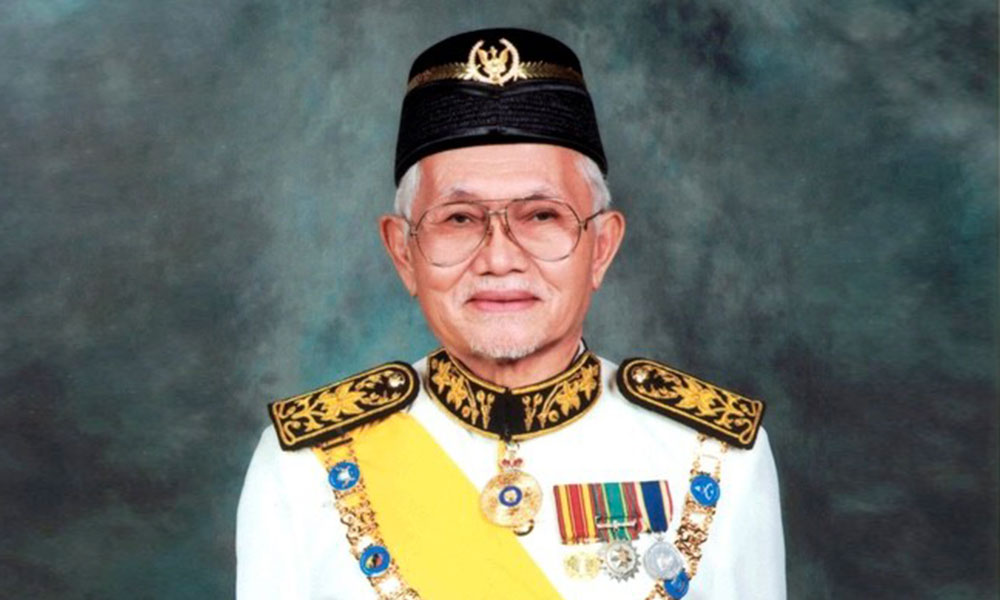
It was also reported that his daughter’s considerable property empire was amassed through the daughter and son-in-law’s business acumen in investing wisely the gratuity which Taib earned from his earlier service in the federal government.
That the former chief minister and his family own an extraordinary amount of wealth – held locally and abroad – is not denied.
Some idea of the enormous size of the Taib family wealth also emerged when Taib’s daughter-in-law filed a RM300 million claim on her joint matrimonial assets with the estranged husband, Mahmud Abu Bekir Taib, in court in May 2019.
For now, the investigation of the accusations levelled against Taib has run into a dead end when it was announced in 2018 that the Attorney-General’s Chambers cleared him of all charges of criminal wrongdoing.
The tantalising details of the extraordinary wealth accumulation by Taib and a small group of Malaysians show a common pattern.
Firstly, they have all been beneficiaries of the BN government and its policies aimed at working with an elite few individuals in driving the economy forward.
Some of the names on past Forbes lists were regarded as cronies of past prime ministers - Mahathir, Abdullah Ahmad Badawi, and Najib Abdul Razak. More than a few are seen as owing their considerable wealth to their political loyalty to BN.

The business empires of various top 50 billionaires – deservedly or undeservedly – have been perceived as built on government preference and patronage.
This connection is seen as providing them with head starts and privileged monopolies without which their businesses could never have come about, let alone flourish.
Getting to the bottom of how the business empires of our richest Malaysians have taken shape may be a useful way of dealing with the thorny question of how wealth concentration – whether legitimately derived or under a cloud of illegitimacy – has occurred.
We should have no illusions about the obstacles that lie ahead of such investigative efforts.
We should also be mindful that in countries where illegal wealth accumulation by the leaders of impoverished countries has drawn national and international attention, the attempts at recovery of the wealth - much of which has been spirited abroad to be stashed in banks and assets - has been a long-drawn and difficult process.
Admittedly, the hope for any confiscation of illicit or illegitimate wealth is distant and dim in Malaysia.
The time may not even be appropriate to insist on a full-blown opening up of the records and having the truth come out on how the crème de la crème of our business and political leaders have accumulated their fortunes.
But there may still be a need for public scrutiny in a few special cases in Malaysia despite the concern that such efforts may be construed as an anti-opposition witch hunt. Hence, the significance of the Daim case.
National discussion
The time is right at the least for a discussion on what are the pros and cons of the current economic system which encourages or does not block the concentration of wealth and its illegal outflows on such a systemic basis.
The time is also right to focus on sectors and processes which have been the main sources of unfair or illicit wealth accumulation; and to implement actions aimed at containing or neutralising them.
Best practice examples are available, for example, in the natural resource sector of countries with the same natural wealth as us.
These countries such as Norway have been able to avoid the mistakes we have made in the exploitation of our mineral, forest, and other natural resources which have permitted opaque policies and procedures, and condoned corrupt or shady businesses and their windfall illicit gains.
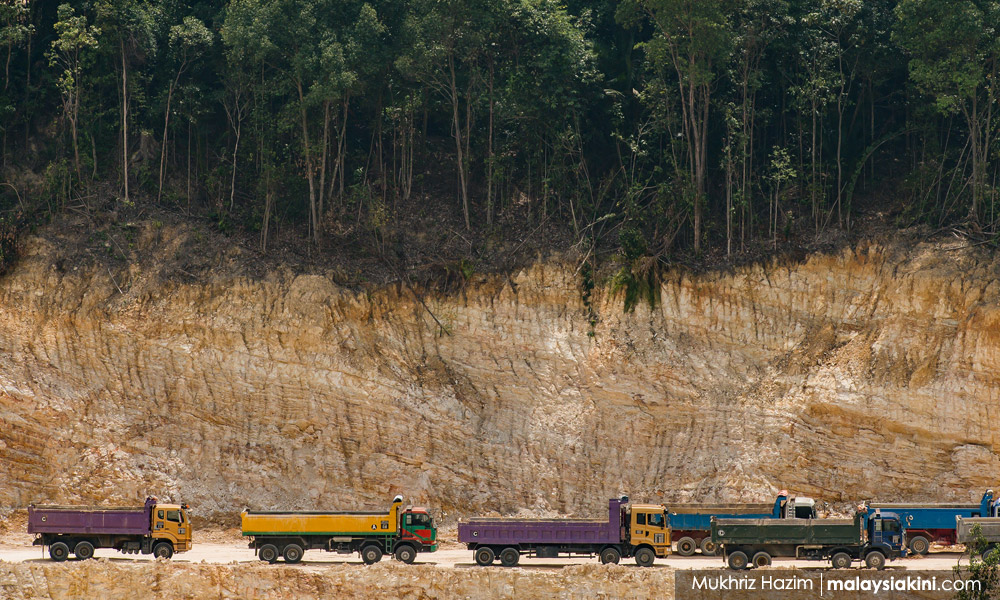
For the national discussion on the concentration and outflow of wealth to take place, we need to break the conspiracy of silence by political elites who benefited from the political system by collaborating in the accumulation of illicit wealth and wealth generated from dubious means.
We need the professionals to play their role.
We need more studies by academics and civil society to uncover where illicit and less-than-legitimate accumulations are taking place and what can be done to plug leakages and bring to justice the offenders and culprits. We need more whistleblowers to step forward.
Discussion needs to be followed by action by the authorities and government.
Action needs to be more than just the tweaking of economic policy as envisaged by the Pakatan Harapan parties.
It needs to assess the inclusion of elements of a fundamentally new paradigm of sustainable development based on the de-concentration of wealth and its more equitable distribution.
New paradigm of development
The radically new paradigm of sustainable development can put the spotlight on how the ultra-wealthy are generating wealth within and outside the country.
At the same time, it can be accompanied by a focus on the eventual breaking down of wealth concentration – beginning with illicit wealth. Such a focus is needed for three reasons.
Firstly, it is a superior approach to the narrowly race-based New Economic Policy model that is still dominating the country’s economic life with its simplistic strategy of wealth distribution along ethnic lines.
Secondly, our oil wealth is rapidly depleting and our treasury is depleted.
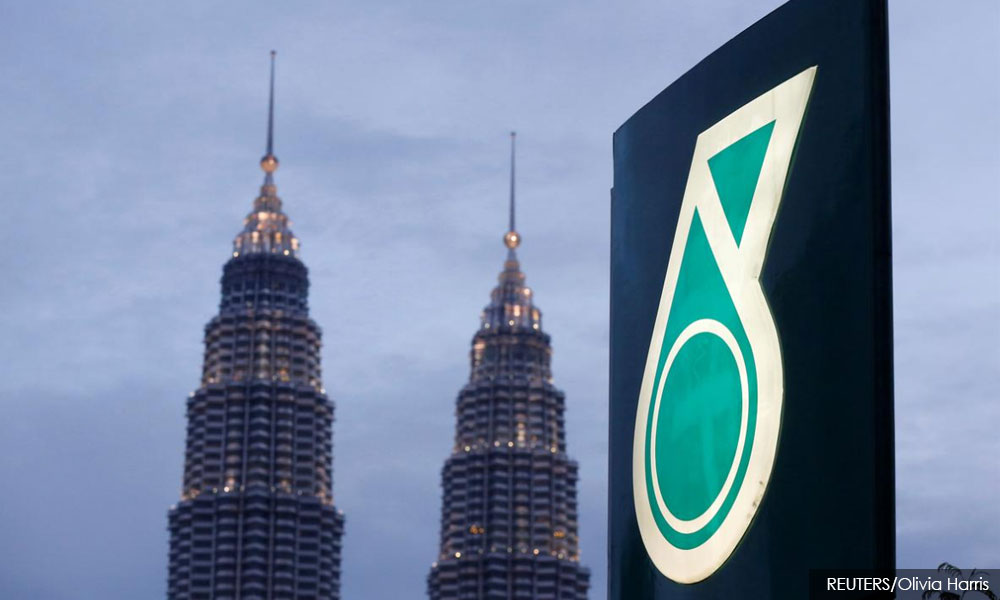
Going after wealth that has been illegally accumulated and which belongs to the state will provide the country with some breathing space until we get our act together on the other pieces of the bigger economic transformation jigsaw.
Thirdly, economics is not only about production and wealth creation. It is also about morality.
One of the first moral principles that the government needs to uphold is to ensure that the strong and wealthy pay their full dues, fulfil all obligations and requirements in their acquisition, and not encourage them to wrongdoing in their wealth accumulation. - Mkini
LIM TECK GHEE is a former senior official with the United Nations and World Bank.
The views expressed here are those of the author/contributor and do not necessarily represent the views of MMKtT.




No comments:
Post a Comment
Note: Only a member of this blog may post a comment.